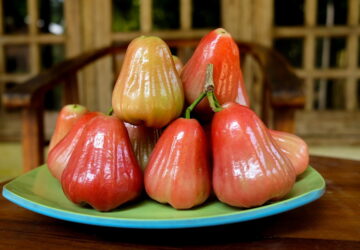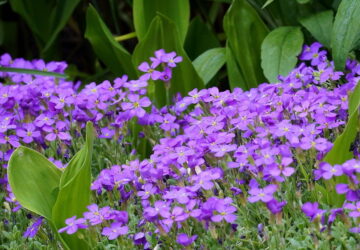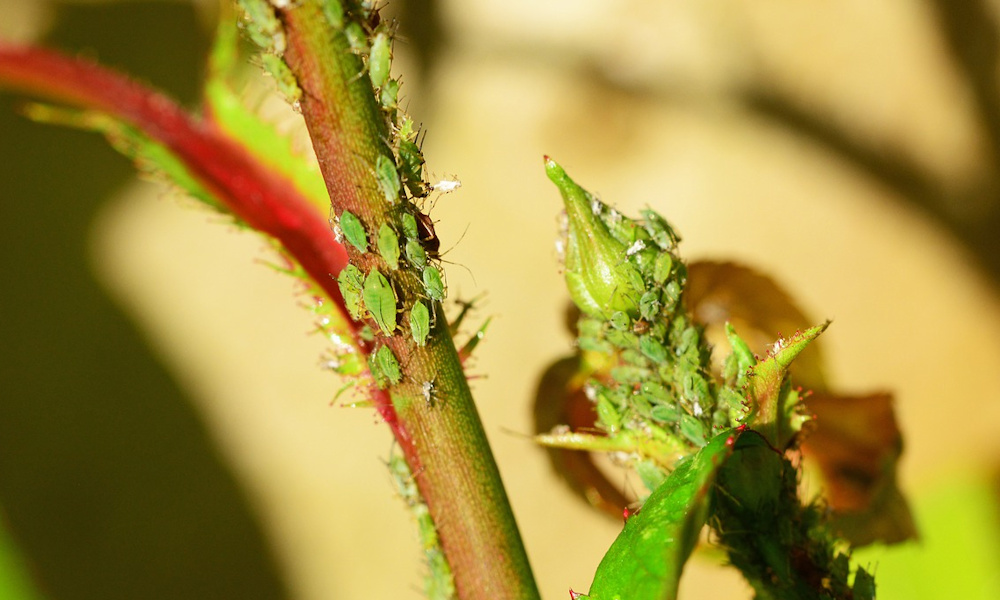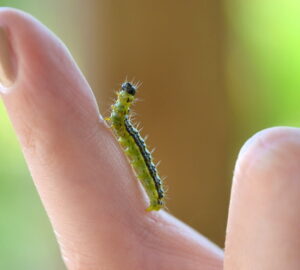For avid gardeners who prefer eco-friendly approaches, the prospect of combatting pesky aphids without resorting to chemicals is certainly heartening. Let’s explore effective methods to naturally manage these troublesome garden pests that wreak havoc on your precious plants.
Strategic Planting for Pest Management
One of the ways to quickly get rid of aphids is to be smart when choosing garden plants. Plant such plants, for example, between the rows of the vegetable garden or in the flower bed, which act as a natural deterrent to aphids. They will no longer feel like venturing near your vegetables and flowers grown with so much care.
Also be aware that certain plants (such as eggplant) will be more vulnerable and less resistant to aphid invasion if they are planted together in one place in the garden. If you grow eggplants scattered in several places in the garden, you make it much more difficult for aphids to reach and invade individual plants.
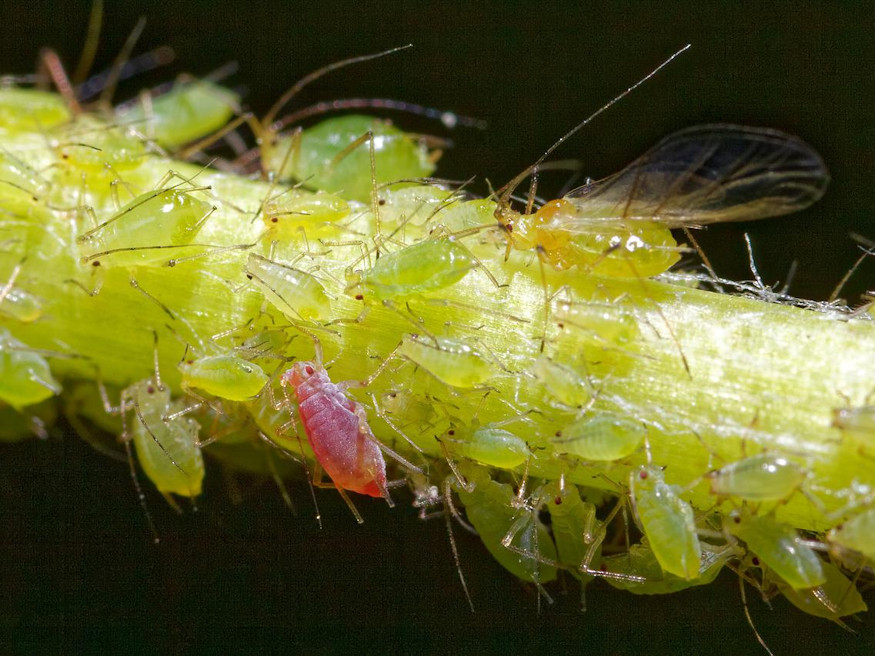
Plants that Repel Aphids
If you have plants in your garden that seem to attract aphids, like asters, it’s wise to plant aphid-repelling species nearby. Pot marigold, nasturtium, sunflowers, catnip, lavender and oregano can all serve as natural aphid repellents. Bulbs, especially garlic, are also effective at repelling aphids.
Natural, Homemade Aphid Killer Sprays
When aphids have already infested your garden, homemade sprays made from all-natural ingredients can come to the rescue. These organic solutions are environmentally friendly but require more frequent application compared to chemical sprays.
1. Garlic Infusion
Garlic is a potent pest repellent. To create a garlic aphid killer spray, combine 100 grams of crushed garlic cloves with 3.5-4 liters of water. Let it sit for 24 hours, then bring it to a boil and simmer for 20 minutes. After cooling, transfer the mixture into a spray bottle for application.
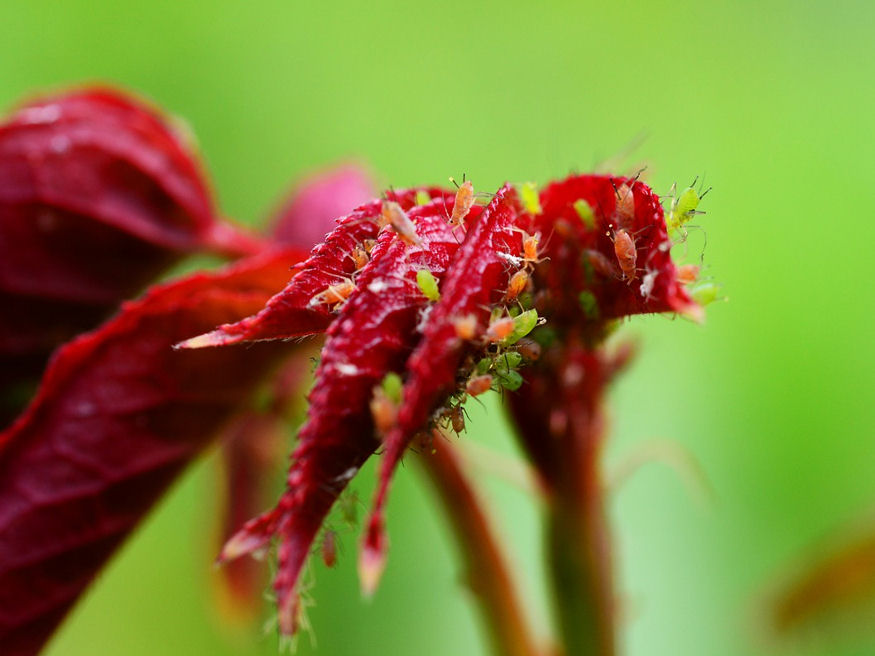
2. Onion Elixir
Mix 100 grams of sliced onions with 7-8 liters of water. Boil the mixture for 30 minutes and use it without dilution. This onion spray can also combat fungal diseases and should be used within a day.
3. Dandelion Potion
Dandelions, often considered weeds, can be harnessed against aphids. Collect around 400 grams of dandelion leaves and pour 10 liters of water over them. Allow it to steep for at least 3 hours, then use the resulting juice to thoroughly spray plants infested with aphids.
4. Utilizing Stinging Nettle
Stinging nettle can also be used to create an aphid spray. Carefully collect 1 kg of nettle leaves from non-blooming plants and pour 10 liters of water over them. After 24 hours, use the mixture without dilution to treat aphid-infested plants. Alternatively, steep 1 kg of nettle leaves in approximately 7-8 liters of water for 2-3 weeks. Dilute the solution by adding 7 parts water to 1 part solution before applying. This diluted solution can be stored and used for up to a month.
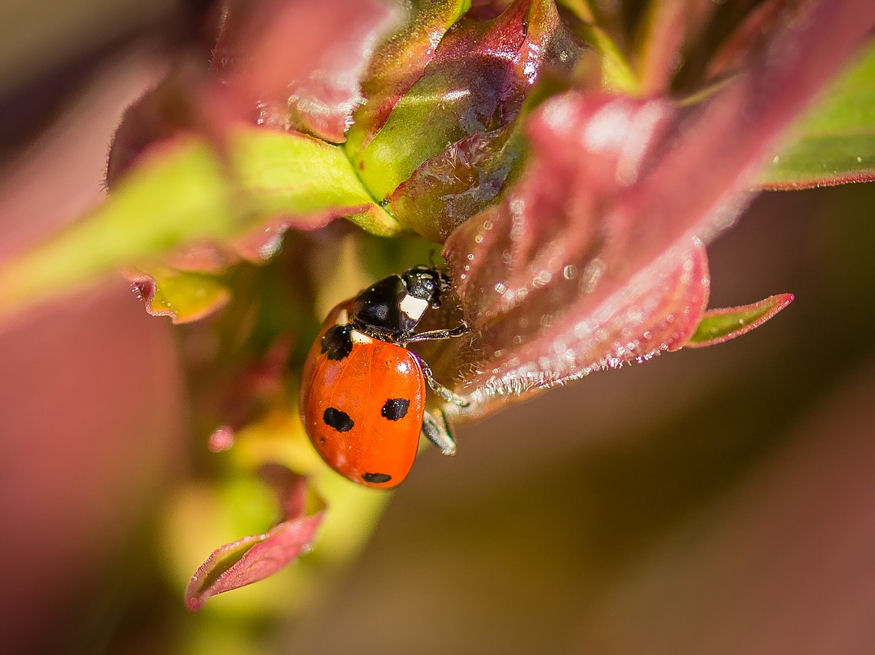
Additional Tips for Organic Aphid Control
1. Employ a forceful water jet to wash aphids off infected plants – an entirely natural technique leaving no residue.
2. Essential oils provide another natural approach. While not eradicating aphids entirely, they can significantly diminish their numbers. Notably effective oils include peppermint and lavender; combining various essential oils can bolster their efficacy.
3. When aphid numbers are manageable, manual removal is an option. Utilize garden gloves and squash the pests, sticky as they are.
4. Augment the effectiveness of natural sprays by integrating ingredients like insecticidal soap or neem oil – potent enhancers of homemade remedies.
5. Attract aphid-hungry beneficial insects to your garden, including ladybugs, common lacewings, praying mantises and hoverflies.
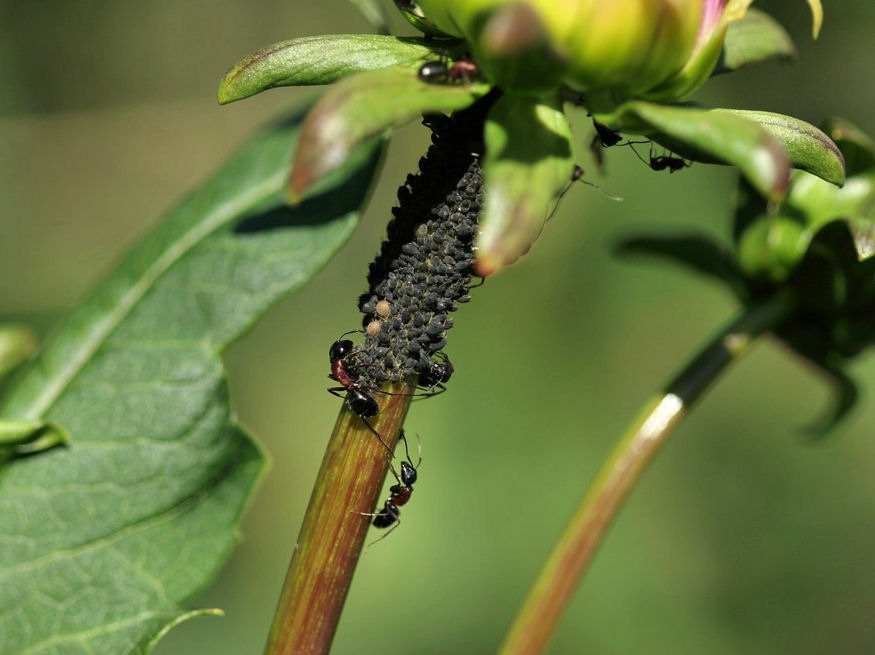
6. Recognize the symbiotic relationship between aphids and ants. Aphid-secreted honeydew is a favored treat of ants; curtailing ant populations can, in turn, aid in aphid control.
By embracing these eco-friendly strategies, you can strike a harmonious balance in your garden, safeguarding your plants from aphid onslaughts without compromising your commitment to natural cultivation methods.
